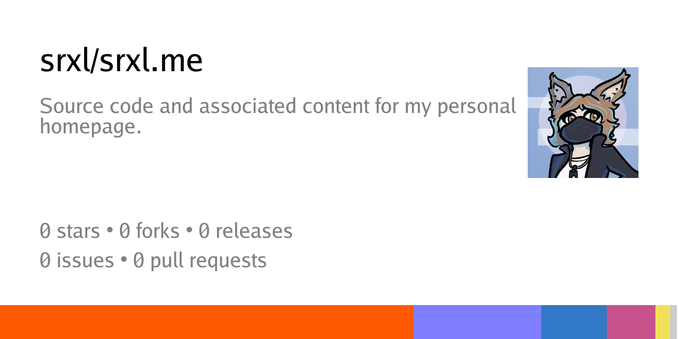i wish that YouTube had a parental controls category for Linux distro content (and wide market programming content, the "c++ is so much better" stuff) that is on by default.
no seriously. it rots the brain and creates a factional mindset and leads people to think that the point of it is having the Cool things without an actual use case, rather than being a tool to get things done. the part that should be cool is how it helps people using it to create things they're proud of.
i don't care what editor you use. i don't care what distro you use. it doesn't matter as long as it's helping you achieve your goals. i can have frustrations with the systemic social effects of some things (Microsoft monopolizing language servers or whatever) but that's not on the people using it! i can think that a distro does many things poorly without it being a value judgement on anyone using it.
i should not be able to notice that someone watches this stuff by talking to them and noticing their attitudes; the contempt culture and machoism in all of it has such nasty externalities to people who work on or use the subjects of it. we shouldn't teach new people like this!

